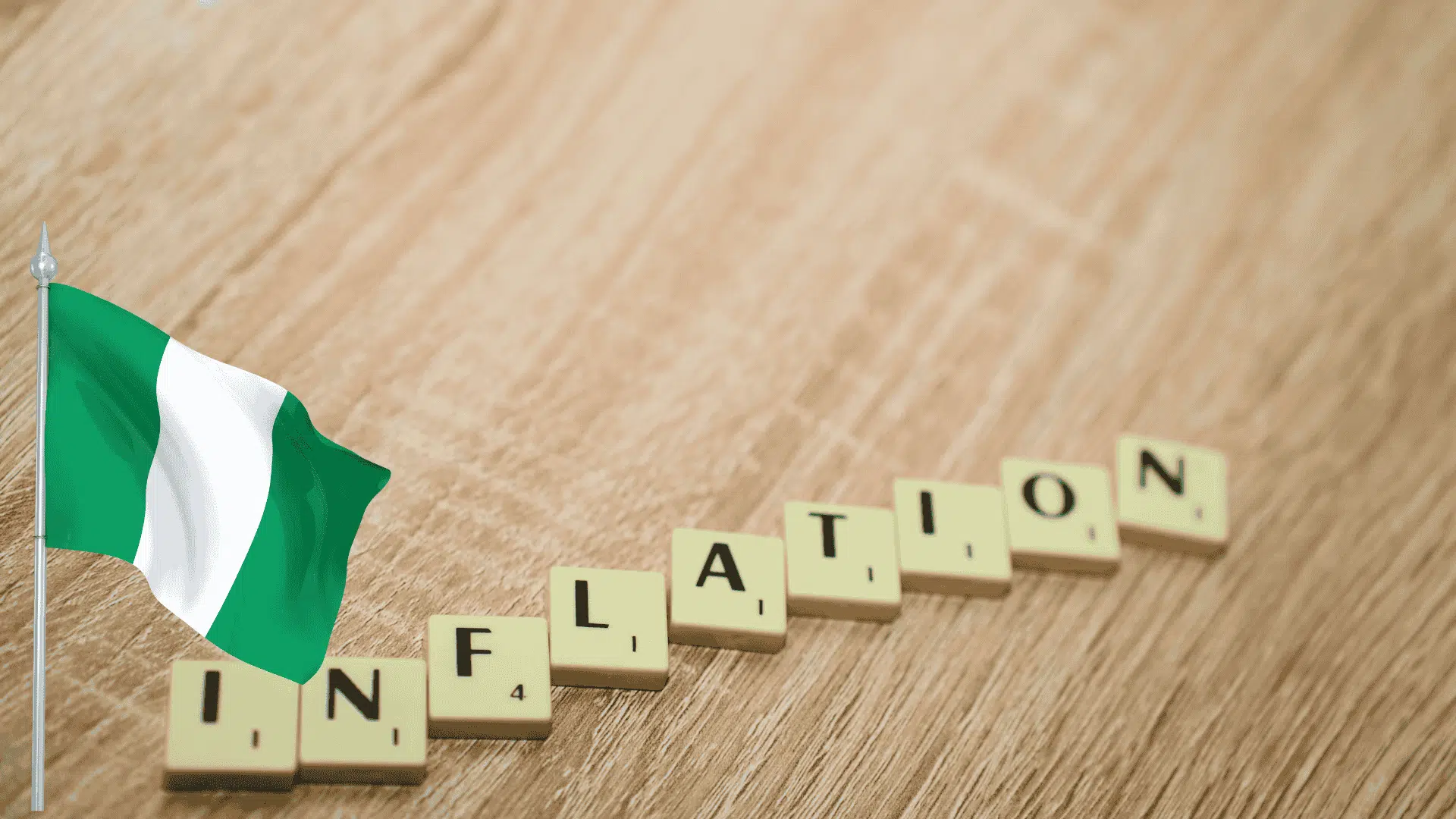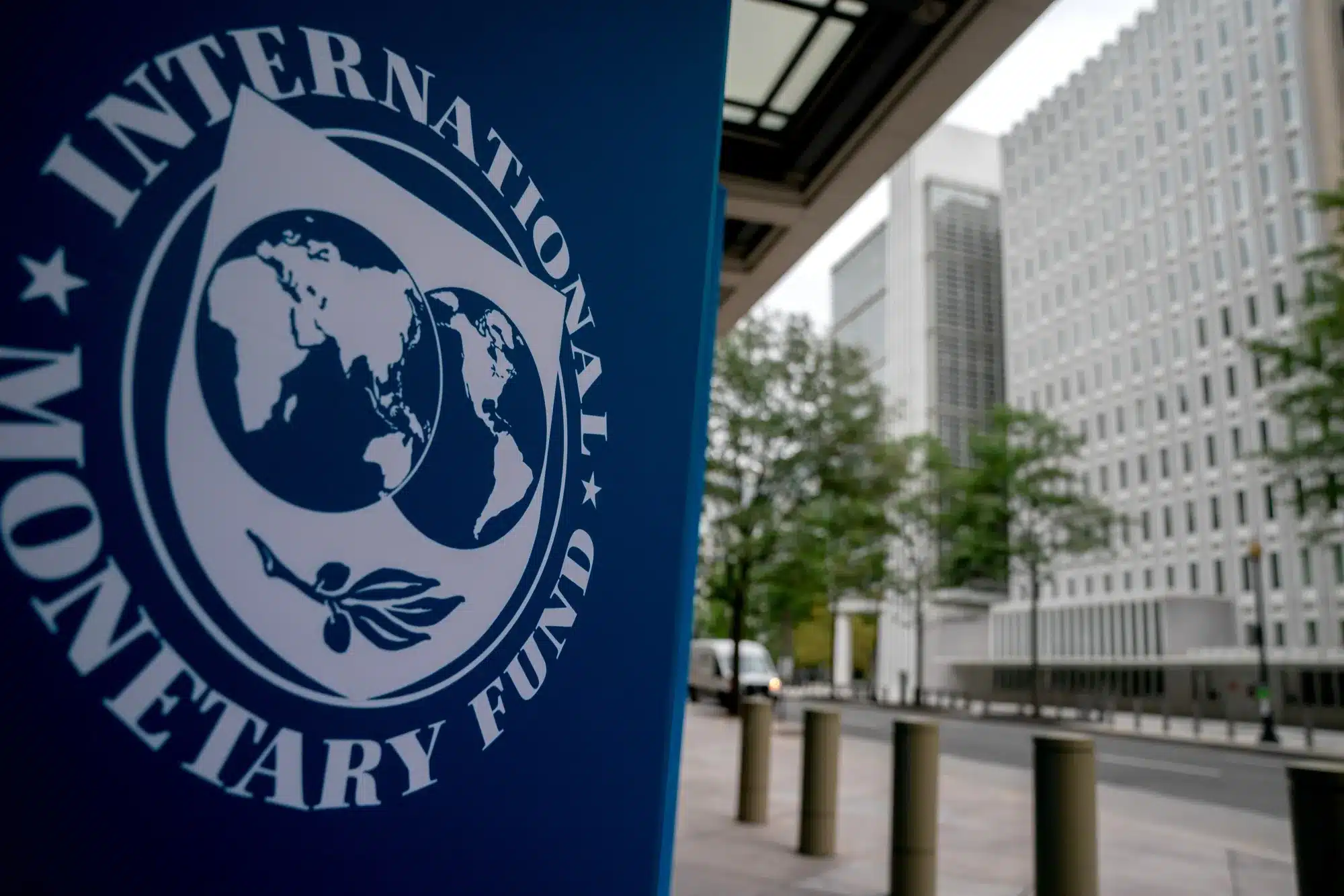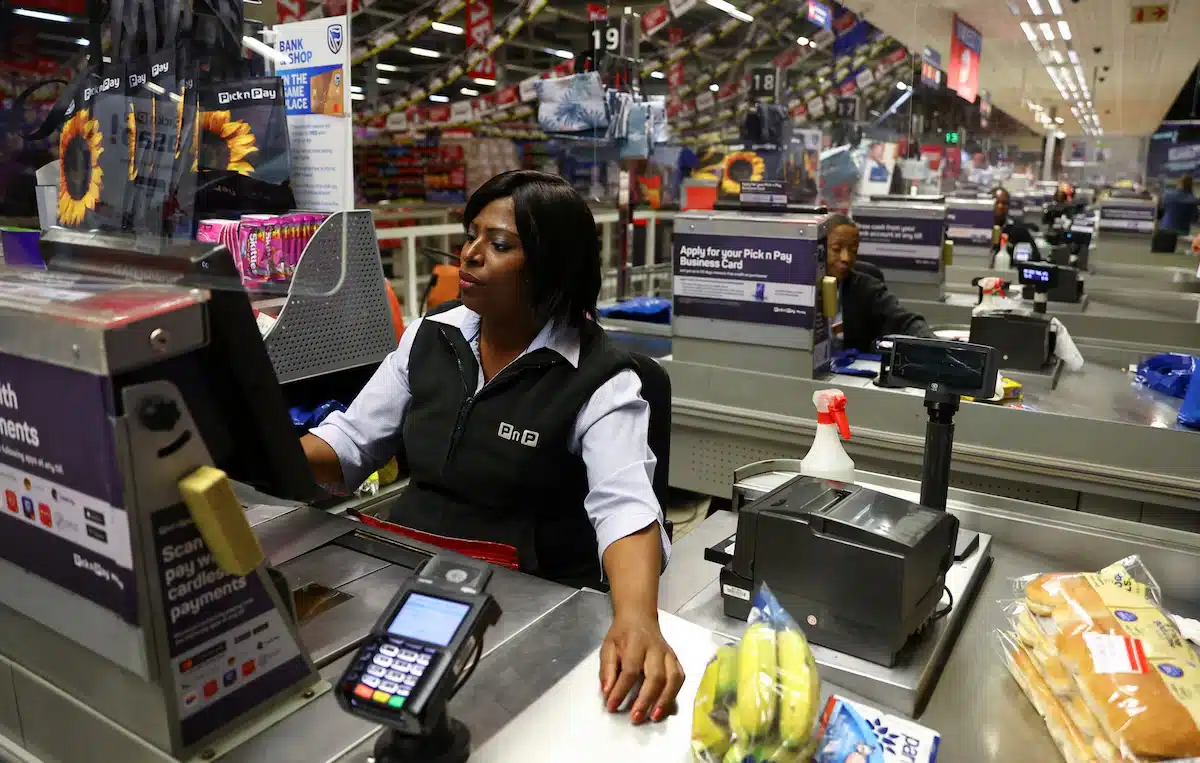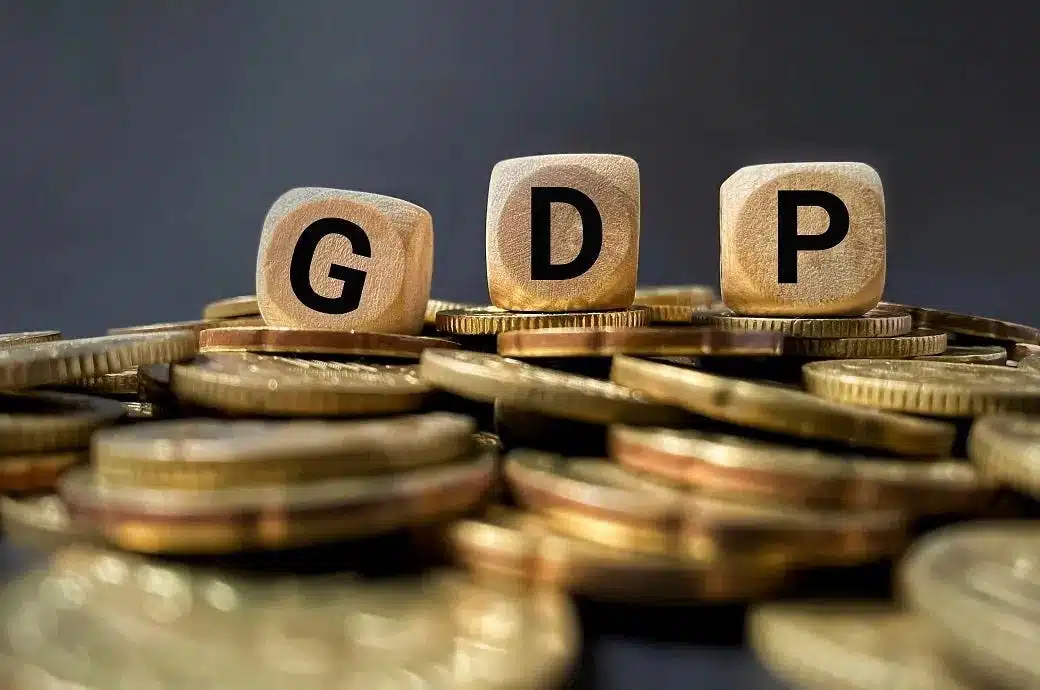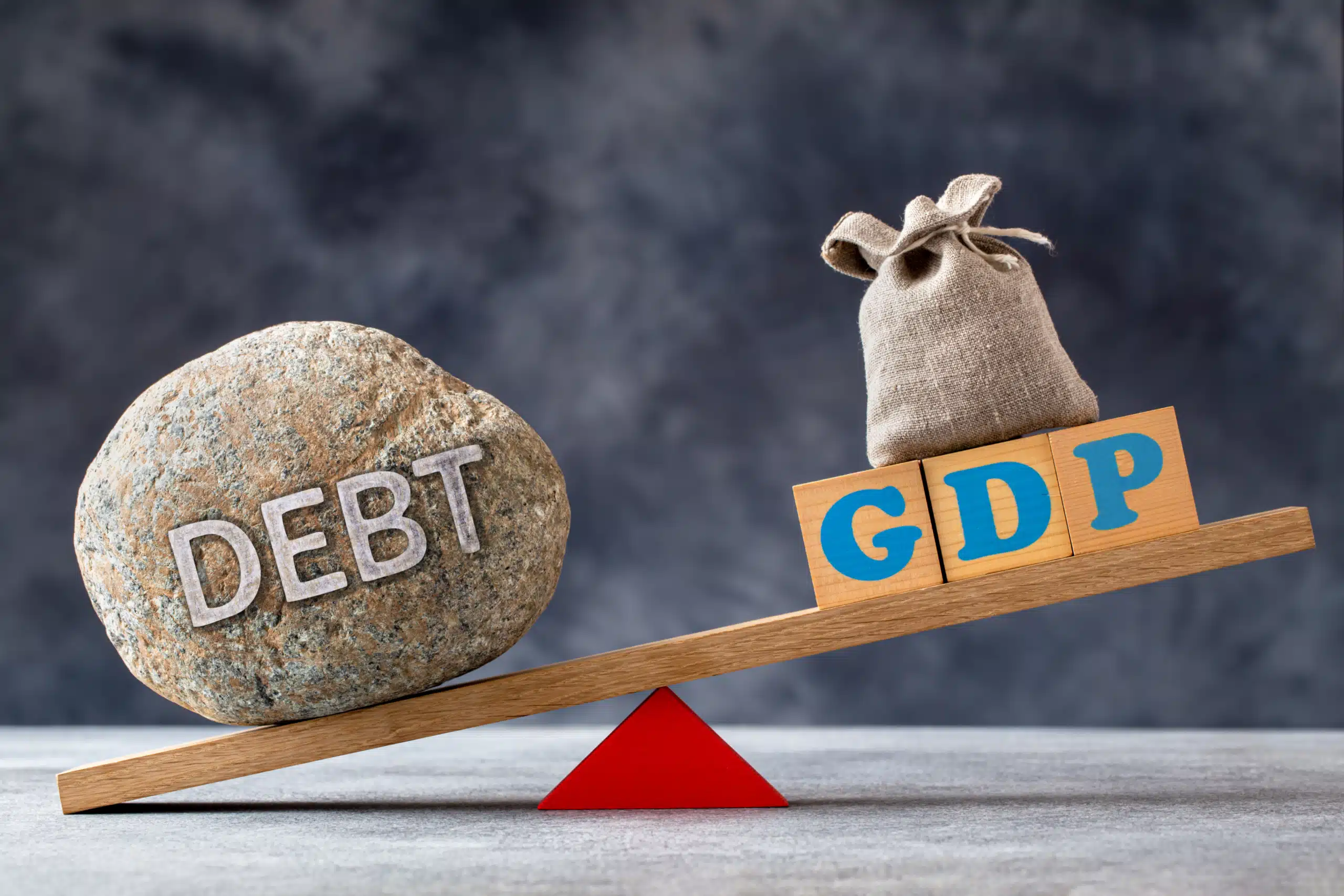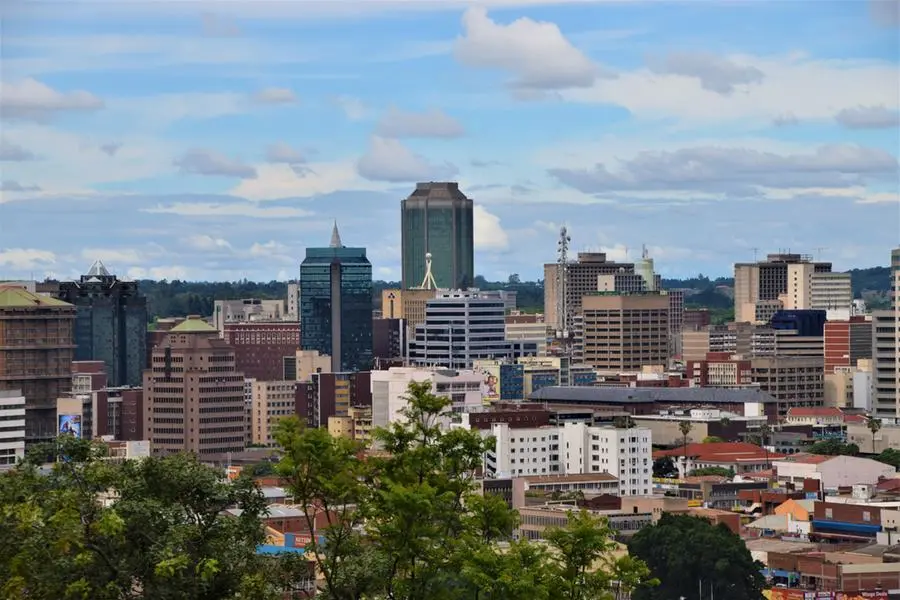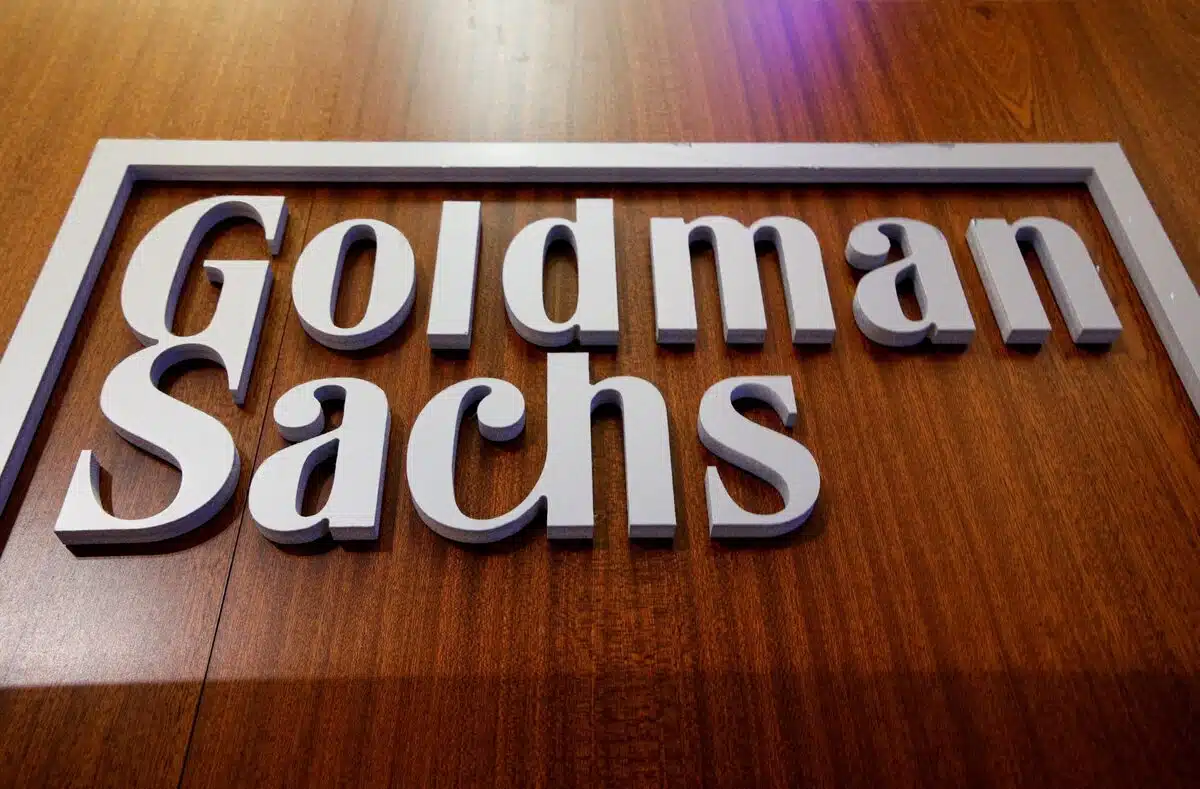The escalating conflict between Israel and Iran is sending tremors through global energy markets, with Nigeria caught in the crosscurrents, poised to reap short-term benefits from surging oil prices while facing heightened inflation and monetary tightening at home.
Crude oil prices jumped from $65 to $75 per barrel in the week following Iran’s missile strikes on Israeli territory and retaliatory Israeli airstrikes on Iranian targets. For Nigeria, Africa’s largest oil producer, the surge offers a temporary fiscal windfall as oil accounts for nearly 80% of government revenue and remains the country’s main source of foreign exchange.
With higher oil receipts, the government is better positioned to finance its record $35.5 billion 2025 budget, prioritising infrastructure, security, and human capital development at a time when high inflation and stagnant incomes have driven millions into poverty.
Additional oil revenue may also reduce the government’s reliance on domestic and external borrowing, helping to slow the growth of public debt.
“For Nigeria, whose 2025 budget is benchmarked at $73 per barrel, this price hike offers a volatile windfall, potentially boosting national revenue and easing pressing fiscal pressures,” analysts at SBM Intelligence said in a new report titled “Israel v Iran: Impact on West Africa.”
Yet the windfall is constrained by production shortfalls. Nigeria’s current output of around 1.5 million barrels per day — including condensates — remains well below its nearly 2 million barrels per day capacity, limited by chronic underinvestment, theft, and operational inefficiencies.
Since October 7, 2023, the battle between Iran and Israel has intensified, when Hamas launched a surprise attack on Israel, triggering a major regional escalation.
While Iran and Israel have been engaged in a long-standing shadow war — involving cyberattacks, assassinations, and proxy conflicts in Lebanon, Syria, Iraq, and Gaza — the confrontation sharply escalated in 2024 and peaked on June 13, 2025.
Naira outlook and reserves boost
Higher oil prices could improve Nigeria’s dollar liquidity, helping to stabilise the naira, which saw steep depreciation in 2024. Data from the Central Bank of Nigeria (CBN) shows the official exchange rate jumped from ₦645.10/$ in 2023 to ₦1,450/$ in 2024. Since January 2025, it has traded between ₦1,500 and ₦1,600 per dollar.
If sustained, rising oil earnings would improve dollar liquidity, shore up external reserves, and ease foreign exchange shortages, providing a cushion for the beleaguered local currency.
Inflationary risks resurface, monetary tightening and business strain
Despite being a crude exporter, Nigeria imports most of its refined petroleum products. With the petrol subsidy removed in May 2023, consumers now bear the full weight of global price volatility.
“Energy costs impact production, logistics, transportation, and power generation,” said Muda Yusuf, CEO of the Centre for the Promotion of Private Enterprise (CPPE) in a note on Sunday. “These additional costs will eventually be passed on to final consumers.”
According to the latest monthly Consumer Price Index report by the National Bureau of Statistics, the country’s headline inflation rate eased for the second straight time in May 2025 to 22.97% from 23.71% in the previous month. However, this trend may reverse as global oil prices filter through the domestic economy.
Rising inflation could force the CBN to resume its hawkish stance. In 2024, the Monetary Policy Rate (MPR) was raised by 875 basis points to 27.5%. Although it has remained steady this year, further tightening could increase borrowing costs and restrict credit access for businesses already struggling with high input costs and weak demand.
According to CPPE, high energy costs, inflation, and rising interest rates are likely to erode corporate profit margins. “Investors in the non-oil sector are particularly vulnerable under current conditions,” Yusuf noted.
Regional impact and capital flight risks
SBM Intelligence also warned that West African economies could feel ripple effects. Ghana’s cedi, recently crowned the world’s best-performing currency, could see reserve pressure from higher energy import bills and increased investor risk aversion.
The firm noted that prolonged instability could spur capital flight, reduce portfolio inflows, and increase sovereign borrowing costs across the region. Ghana’s reliance on gold-centric economic resilience strategies may also be tested if global demand for safe-haven assets shifts.
Security and geopolitical dimensions
The Israel–Iran conflict carries deeper implications for Nigeria’s internal security. Iran’s longstanding ideological ties to Nigerian Shia groups, particularly the banned Islamic Movement in Nigeria (IMN), could become flashpoints in an already sensitive religious landscape.
“Through moral, intellectual, and material support, Tehran has cultivated a network of soft power,” SBM noted. These links, while largely non-militarised, remain a concern for Nigerian authorities given past clashes and public unrest.
Additionally, Iran’s alignment with Sahelian juntas — including in Niger, Mali, and Burkina Faso — could shift if Tehran’s global standing weakens. Such changes may disrupt military cooperation, gold and uranium trade, and drone procurement deals in the region.
“An incapacitated Iran would narrow strategic options for these states, particularly Niger, which has turned to Tehran for mining partnerships after tensions with France,” said Confidence MacHarry, senior analyst at SBM.
He also called on Nigeria’s Foreign Ministry to establish safety protocols for Nigerians abroad, including emergency hotlines and travel guidance amid ongoing airspace restrictions in the region.
Looking ahead
While the oil price rally offers Nigeria some fiscal breathing room, its economic resilience depends on how well it manages the inflationary fallout and geopolitical risk. Experts say improving domestic refining capacity, boosting oil production, and proactive monetary policies are critical to navigating the turbulence.
With the Dangote refinery set to begin nationwide petrol distribution by August 2025, there may be some relief ahead. Until then, Nigeria’s economy will remain exposed to the external shockwaves of the Middle East conflict, balancing on a tightrope between windfall and volatility.
Exchange rate used: $1 = ₦,1548.8 as of June 13, 2025

